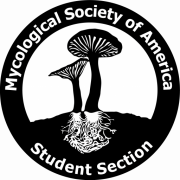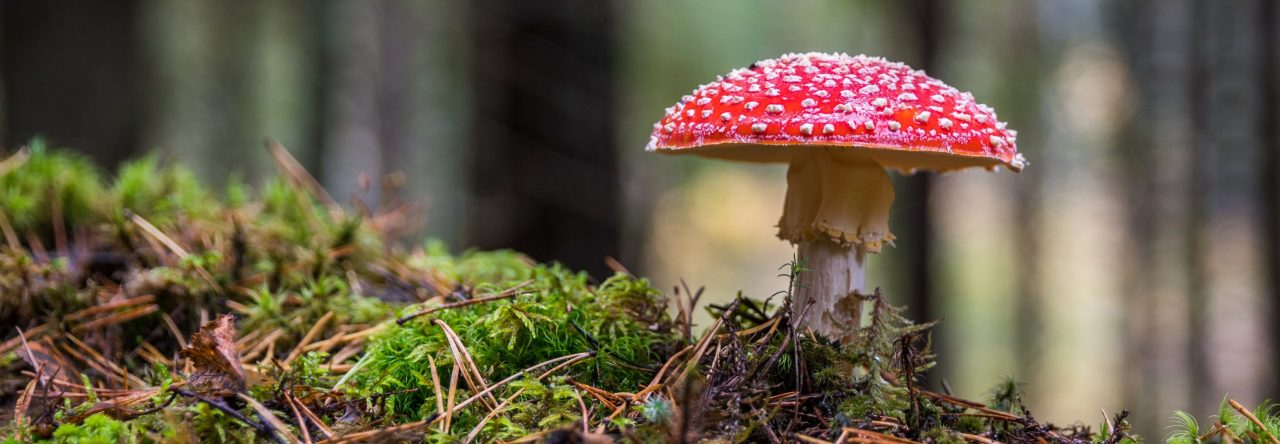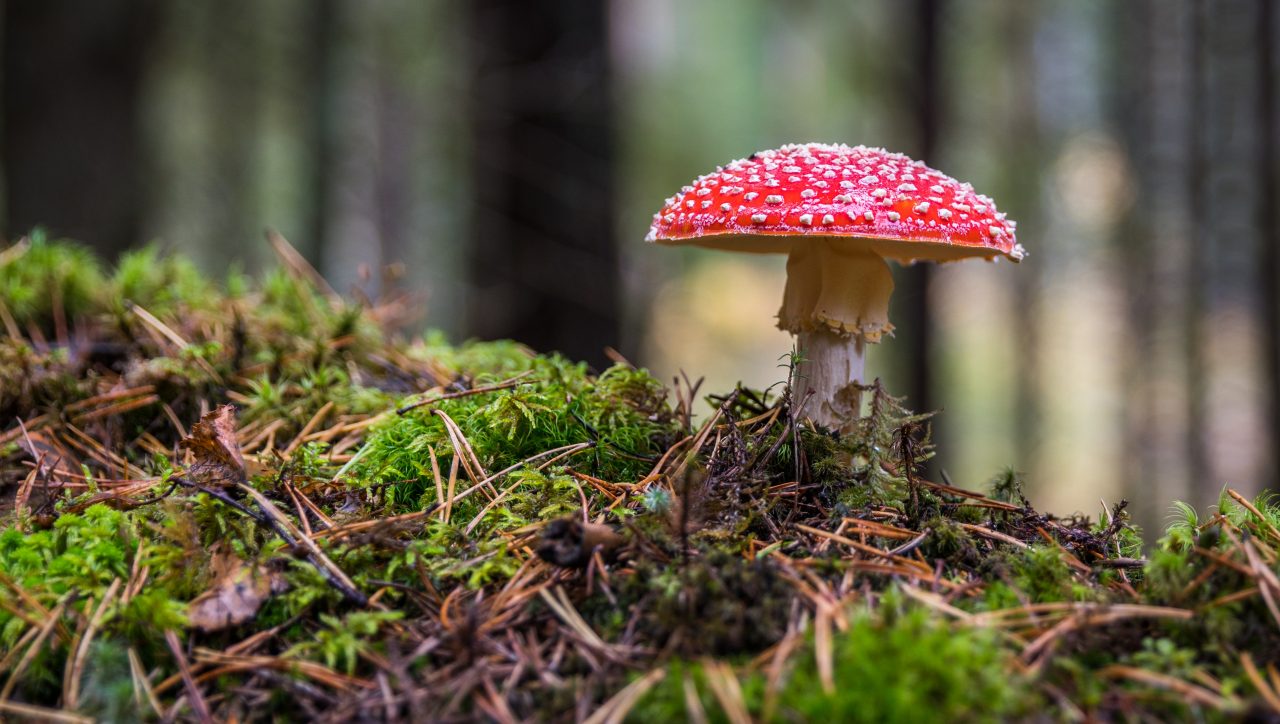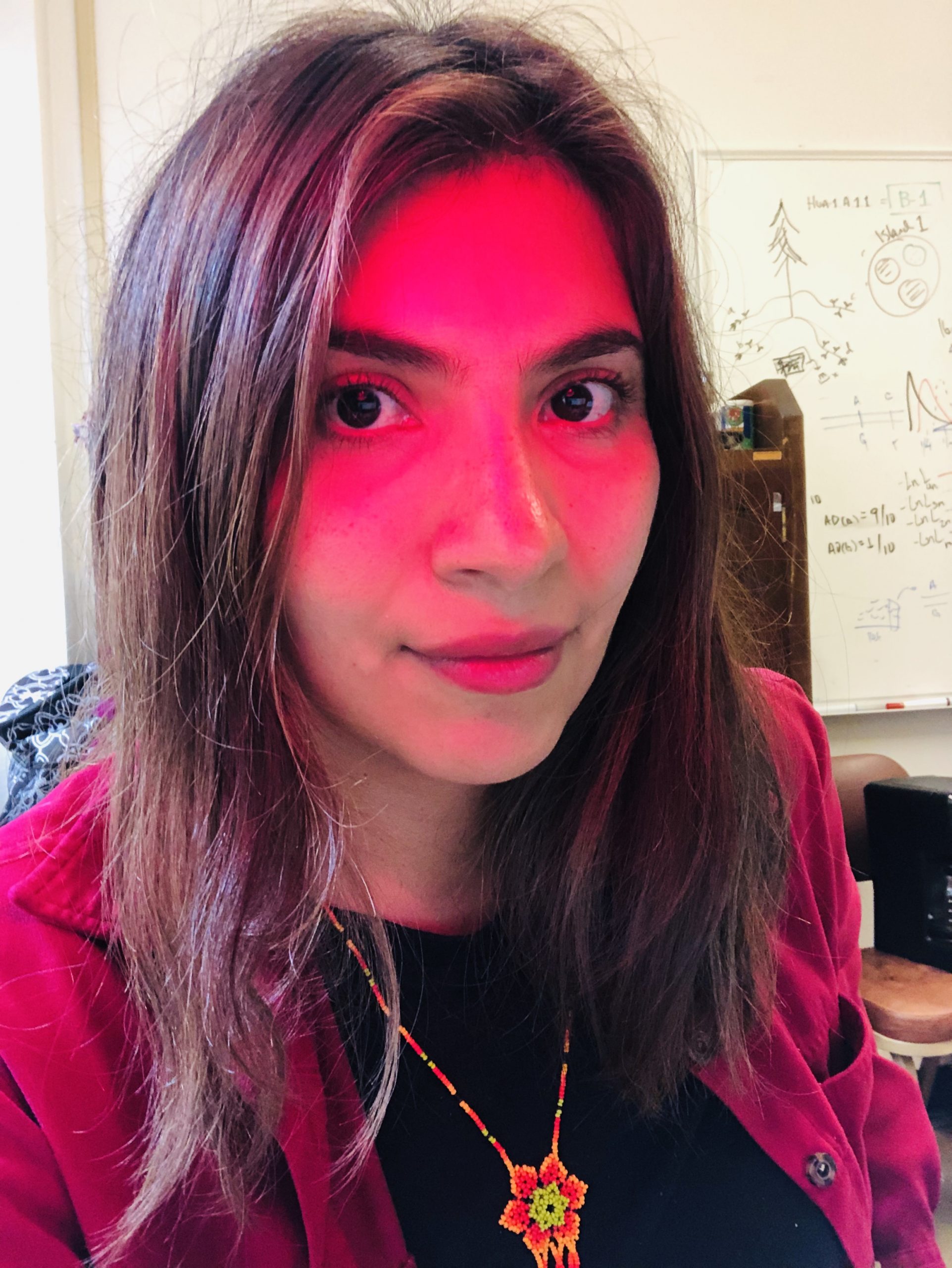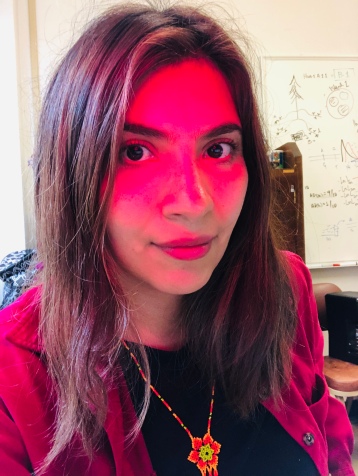Department of Microbiology and Plant Pathology
University of California, Riverside (UCR)
The Glassman Lab at the University of California, Riverside is now accepting applications for a postdoctoral researcher position focused on fungal ecology. The Glassman lab studies ectomycorrhizal, arbuscular mycorrhizal, and saprobic fungal ecology, bacterial-fungal interactions, decomposition, the impacts of fires on fungi and bacteria, and the use of microbes to improve post-fire regeneration. The recruit has the potential to lead ongoing projects in the Glassman lab or propose their own independent idea relevant to ongoing projects in the Glassman lab. We use a combination of approaches including fieldwork, greenhouse work, culturing, molecular ecology, next generation sequencing, bioinformatics and multivariate statistical analyses to advance fungal ecology. For more information on the Glassman lab please visit our website: https://sydneyglassman.wordpress.com.
Applicants should have, or be close to receiving, a PhD in microbial ecology, mycology, molecular ecology, or a closely related area. Applicants with experience working with arbuscular and/or ectomycorrhizal fungi will be given high priority. Additional minimum qualifications include: at least one peer-reviewed first-author publication in a related field, willingness to perform field work in California, effective written and oral communication skills, ability to work well independently and as part of a team, and passion for fungi. Additional necessary qualifications include: bacterial or fungal culturing, expertise in ecological experimental design, programming in R, advanced multivariate statistical analysis, bioinformatics, and molecular techniques including DNA extractions, PCRs, and 16S or ITS sequencing. Experience with or desire to learn network analysis, metagenomics, genomics, or transcriptomics would be a bonus.
UC Riverside is a world-class research university with an exceptionally diverse undergraduate student body. Its mission is explicitly linked to providing routes to educational success for underrepresented and first-generation college students. A commitment to this mission is a preferred qualification.
How to apply/contact: The position could commence as early as April 15, 2021 but no later than July 15, 2021. Screening will begin February 15 and will continue until the position is filled. Salaries scales for first year post-doctoral researchers begin at $53,460 and are available on this website (https://graduate.ucr.edu/postdoctoral-studies). All UC Riverside Postdoctoral scholars are eligible to participate in the Postdoctoral Scholar Benefit Plans, which include medical, dental, vision, life, and disability insurance. Candidates should apply directly to Dr. Sydney Glassman via email to sydneyg@ucr.edu by submitting a single PDF file containing: Curriculum vitae (CV) and cover letter indicating your research interests and how you meet the minimum qualifications, and listing the contact information of three references. The subject of the email should be “Postdoctoral Scholar in Fungal Ecology”.
The University of California is an Equal Opportunity Employer. All qualified applicants will receive consideration for employment without regard to race, color, religion, sex, sexual orientation, gender identity, national origin, age, disability, protected veteran status, or any other characteristic protected by law.
